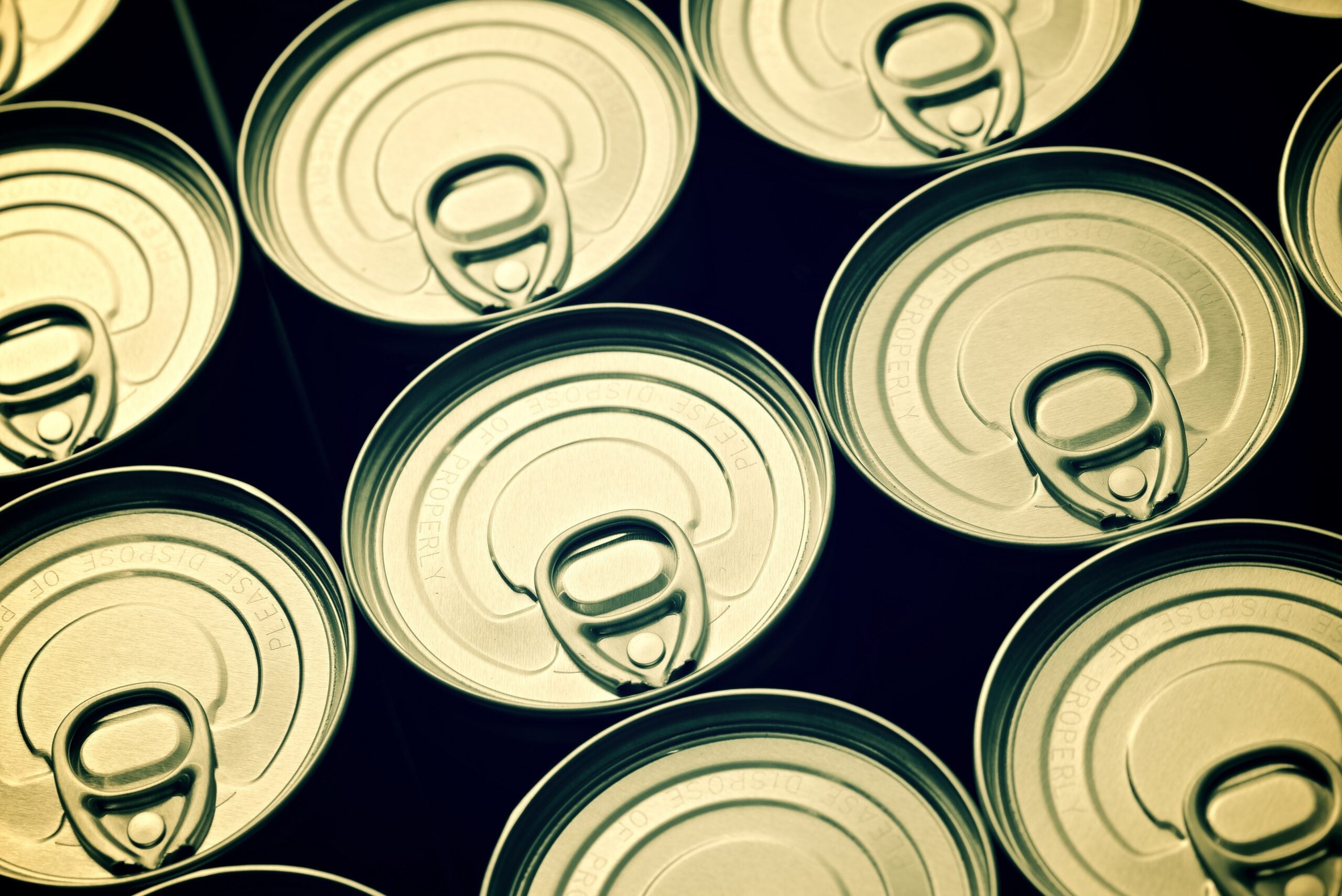
More than 100 organisations, including Nestlé, are being investigated in France over claims they agreed not to reveal the possible presence of bisphenol A in food packaging.
France’s competition watchdog, L’Autorité de la Concurrence, is to look into claims 14 “professional organisations” and 101 companies “agreed not to communicate on the presence or on the composition of certain materials in contact with food, to the detriment of consumers”.

Discover B2B Marketing That Performs
Combine business intelligence and editorial excellence to reach engaged professionals across 36 leading media platforms.
At the centre of the investigation is the use of bisphenol A, or BPA, a chemical sometimes used in plastic packaging or to line food and drinks cans. France has banned BPA in all food packaging, containers and utensils.
In a statement yesterday, L’Autorité de la Concurrence said: “The General Rapporteur of the Autorité de la Concurrence indicates that objections were stated a few days ago in the manufacture and retail of foodstuffs in contact with materials which may or may have contained bisphenol A or its substitutes sector.
“The implicated entities are criticised for having agreed not to communicate on the presence or on the composition of certain materials in contact with food, to the detriment of consumers.”
The 14 professional organisations and 101 companies were notified on Monday. L’Autorité de la Concurrence added: “This investigative act opens the inter partes proceedings and allows parties the exercise of the rights of the defence. It cannot prejudge the guilt of the entities which have received the statement of objections. Only the investigation conducted in an inter partes manner, with due regard for the concerned parties’ rights of the defence, will enable the board to determine, after an oral hearing, whether or not the objections are founded.”

US Tariffs are shifting - will you react or anticipate?
Don’t let policy changes catch you off guard. Stay proactive with real-time data and expert analysis.
By GlobalDataThe watchdog said it would not comment on the identity of the companies and organisations under the spotlight.
However, today, Nestlé issued its own statement. “Following the announcement from the French Competition Authority dated October 12th, 2021, Nestlé S.A. confirms it received a statement of objections.
“The French Competition Authority alleges that 14 trade associations and 101 companies – among them certain Nestlé subsidiaries in France – restricted competition related to, among others, communication on the removal of BPA from metal packaging in France. The French Competition Authority’s allegations against certain Nestlé subsidiaries in France indicate a minor role. An evaluation of the potential financial impact is currently not possible. The company strongly disagrees with these allegations and will vigorously contest them.”
BPA has been commonly used since the 1960s. Most of it is used to manufacture polycarbonate plastics and resins.
According to the EU’s European Chemicals Agency, the “hazardous properties” of BPA means its use “has been limited or is being limited” in the bloc “to protect people’s health and the environment”.
BPA is classified in the EU as a substance that “causes toxic effects on our ability to reproduce”, that “causes serious eye damage” and which “may cause respiratory irritation and skin allergies”, the agency says.
The chemical can be used in materials that come into contact with food in the EU. However, only 0.05 mg per kg is allowed to leach from the material into food.
BPA has been banned in infant-feeding bottles across the EU since June 2011 and in plastic bottles and packaging containing food for babies and children under three years since September 2018.
The European Food Safety Authority is re-evaluating the risks to public health related to BPA in foodstuffs. This work is expected to come to a conclusion in late 2021 or early 2022, according to the EU’s European Chemicals Agency.





